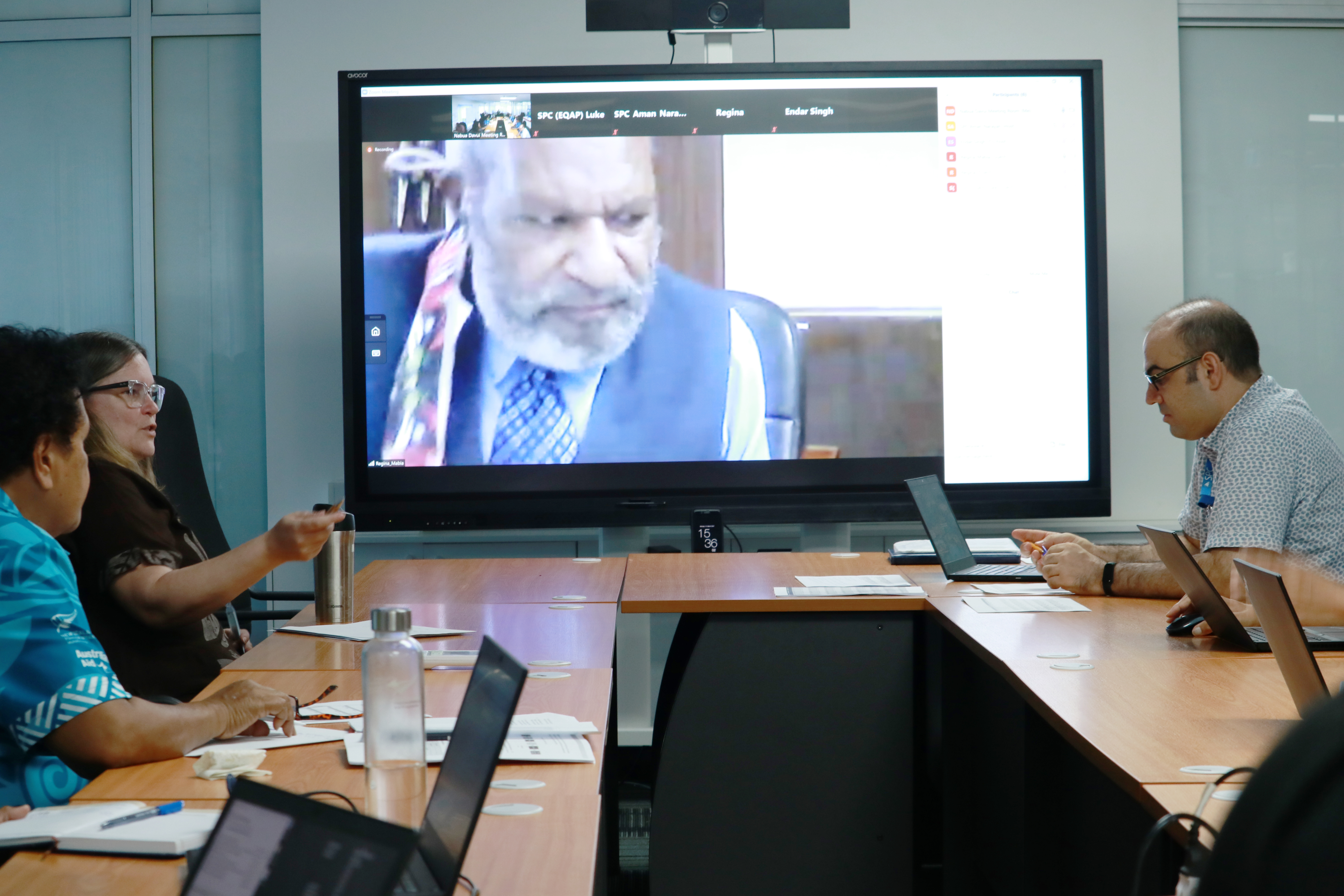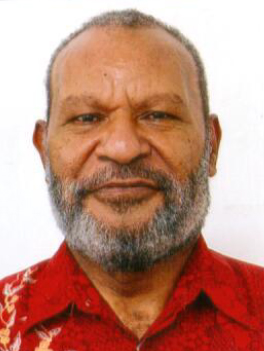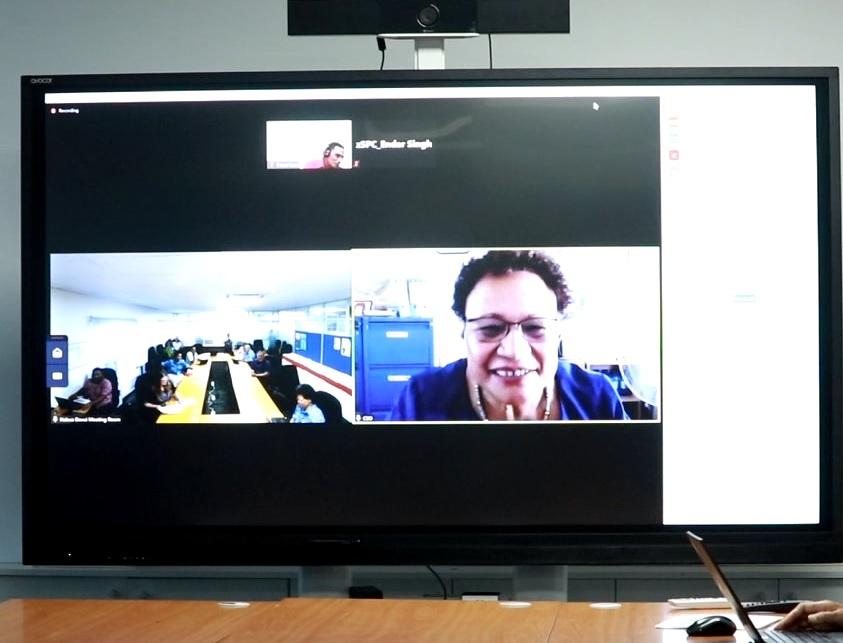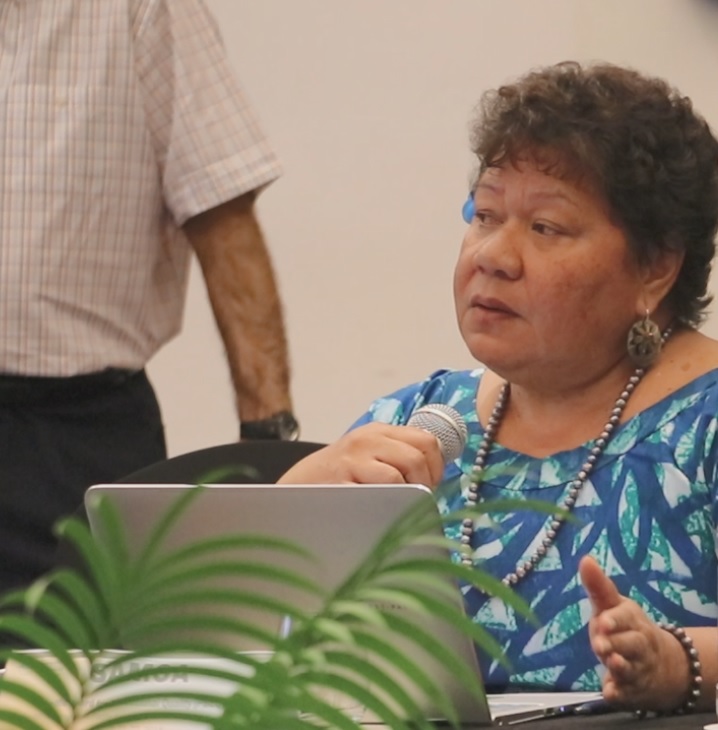

THE Steering Committee for the Pacific Islands Literacy and Numeracy Assessment (PILNA) convenes today to deliberate on how to best conduct the region-wide research amid the challenges posed by COVID19.
The two-day meeting follows country consultations held yesterday and continuing through the week, with the heads of education from the 15 SPC member countries with whom the Educational Quality and Assessment Programme (EQAP) works.
At the consultations, there was resounding consensus from education heads that the PILNA research is an important priority and will be strongly supported. The research, which will be conducted for the fourth time, captures a snapshot of Year 4 and Year 6 students’ proficiency in foundational literacy and numeracy skills.

Papua New Guinea’s Education deputy secretary Walipe Wingi said the research findings from previous PILNA research have proven significant to his ministry’s work.
“We have used the PILNA results to target areas of concern, like teacher training, curriculum development, assessments and even in the distribution of teachers,” he said. “Our donor aid partners have used the data to inform the kind of support they can provide into the education sector.”
He said their national assessment instrument was not ready, and hence his ministry would rely on the next PILNA study to help them examine the quality of teaching and learning of literacy and numeracy skills at the provincial level.
“This would give the ministry an upper hand on how best we can provide backing directly to our provinces (sub-national levels) that need intervention,” said Mr Wingi.

The PILNA Steering Committee’s meeting today will be convened in a hybrid modality, with representatives attending in-person at EQAP’s conference room in Nabua, Fiji, and the remaining representatives to attend via a livestream from their respective countries.

Chief among the discussions will be the research design innovations tested at the field trials last year, and the various supports that would be needed to ensure the main study in October is successful.
Meanwhile, EQAP’s consultation efforts yesterday were well received by Pacific education heads.
Samoa’s education chief executive Dr Karoline Afamasaga-Fuata’i said the consultation with EQAP was “most useful” because it allowed for better clarity. It also provided an opportunity “to raise other areas for potential assistance outside of the listed activities,” she said.
The Republic of the Marshall Islands’ Associate Commissioner for Education, Stanley Heine, was similarly grateful for the virtual consultation.
“We now have a clear picture of the workplan going forward, and we were able to bring up specific RMI concerns to be included in the workplan,” he said.
Mr Heine was referring to his ministry’s interest to engage EQAP’s support for the review of RMI’s national curriculum. It was agreed that the proposed work be explored next month.